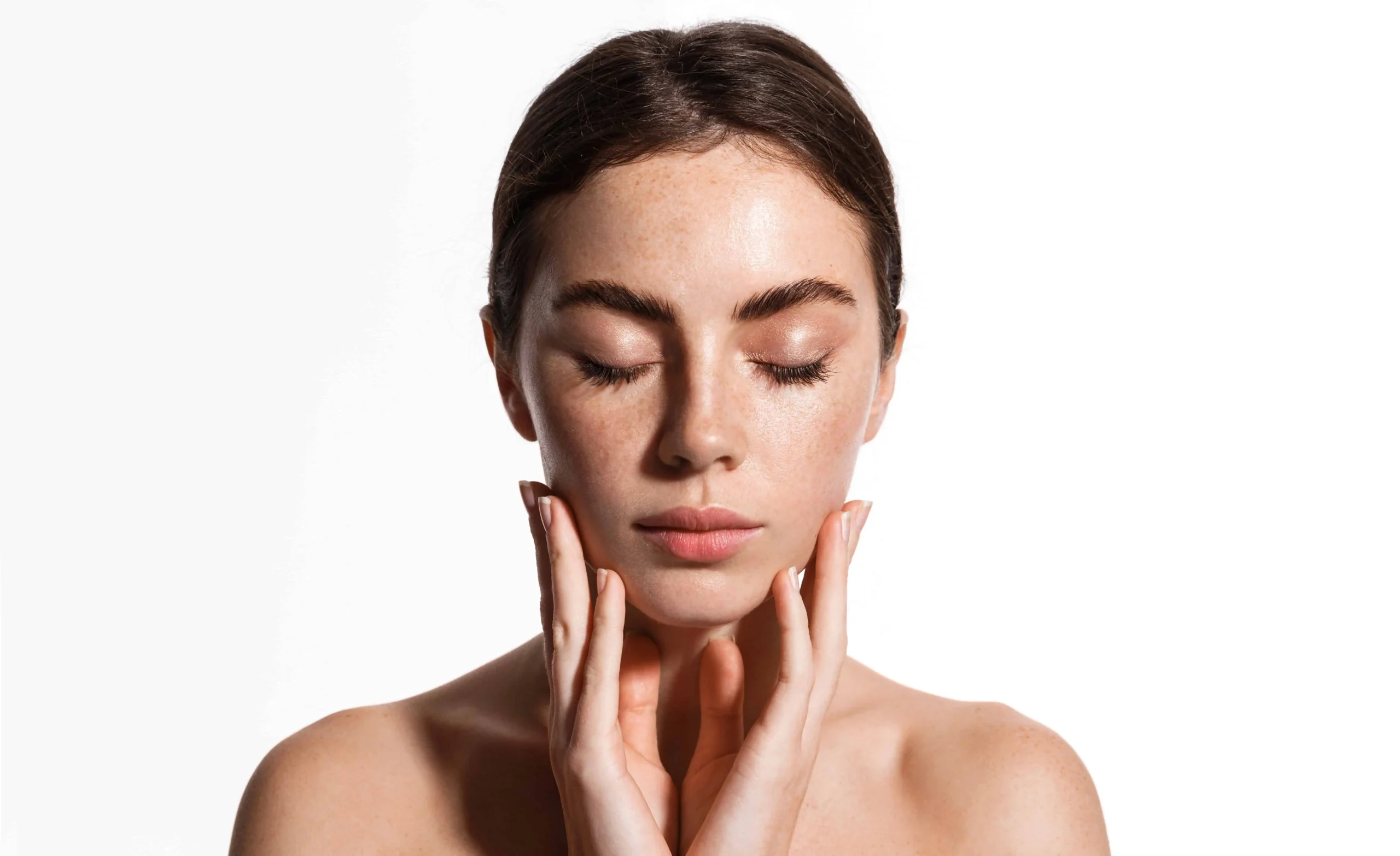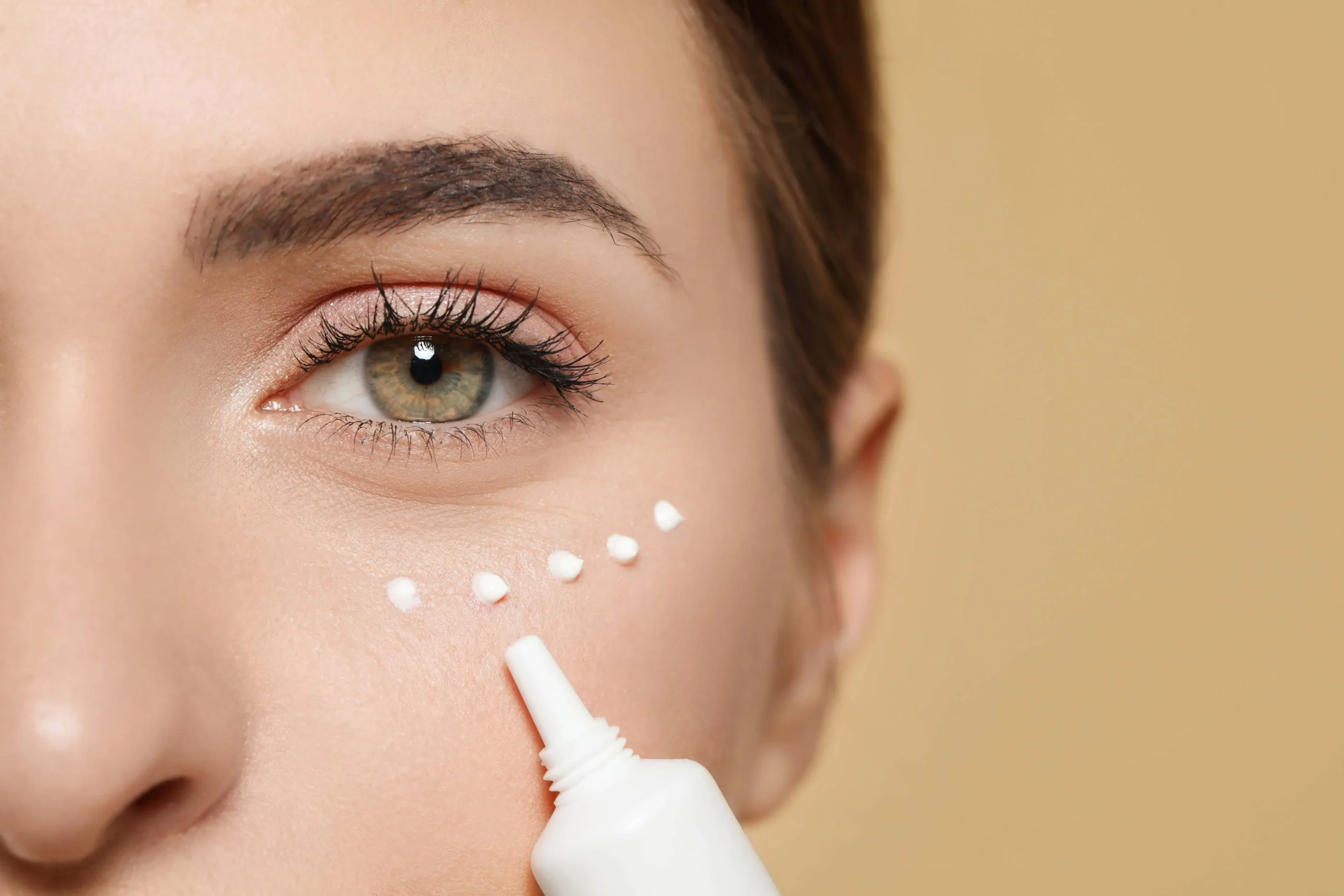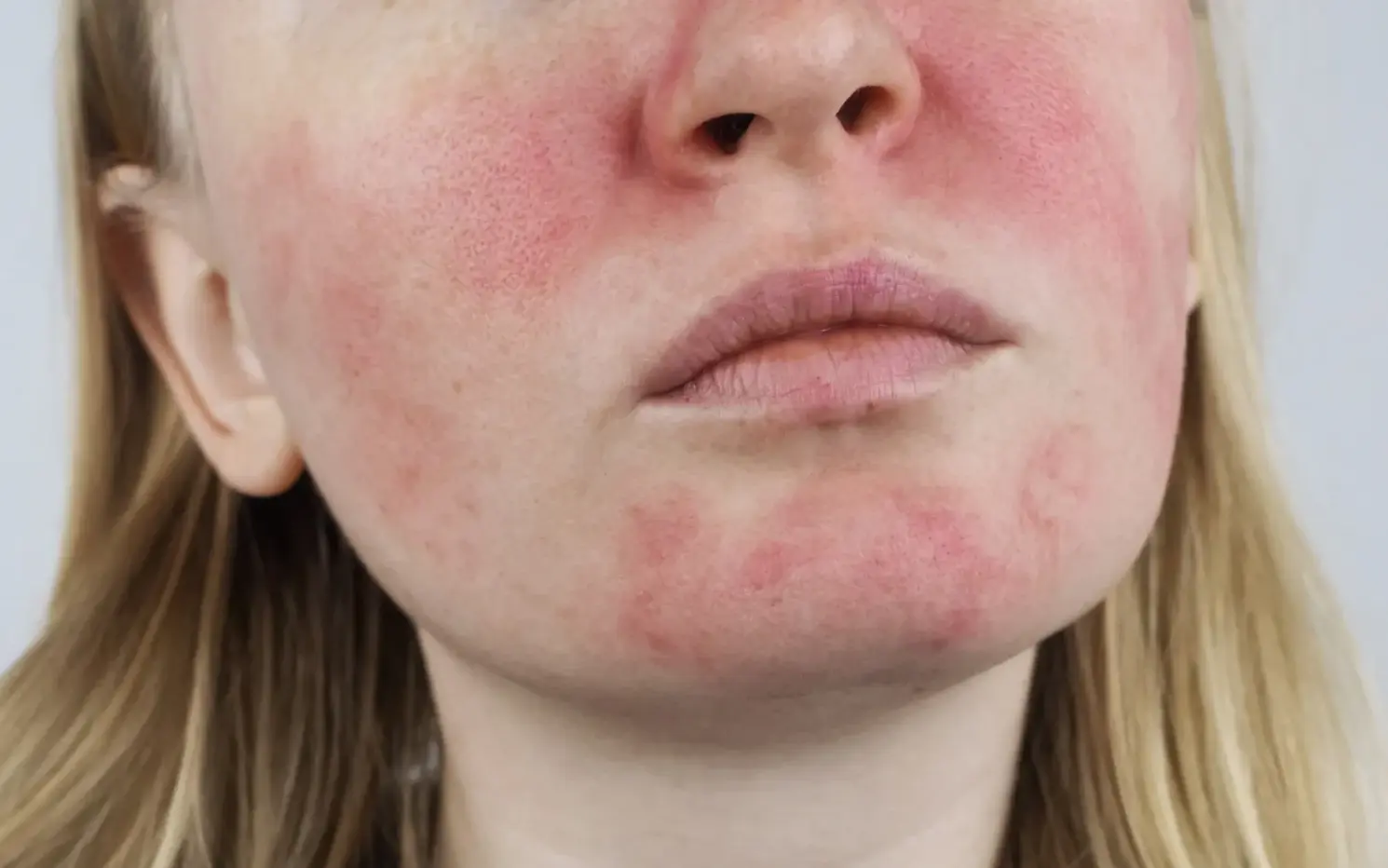Moisturization is a cornerstone of a healthy skincare routine. It’s essential for maintaining skin hydration, barrier function, and overall appearance. However, the idea of “over-moisturizing” is frequently debated. Can you really apply too much moisturizer? In this blog post, we’ll explore the idea of over-moisturizing, its potential effects, and how to strike the right balance for optimal skin health.
Understanding Moisturization
Before diving into the concept of over-moisturizing, let’s briefly review what moisturizers do. They help to:
- Hydrate the Skin: Moisturizers attract and retain water in the skin, keeping it hydrated and plump.
- Repair the Skin Barrier: They help restore and maintain the skin’s natural barrier function, preventing water loss and protecting against external aggressors.
- Smooth the Skin’s Surface: By providing moisture, they can improve skin texture and reduce the appearance of fine lines and wrinkles.
Moisturizers come in various forms, including creams, lotions, gels, and oils, each designed to address different skin needs.
Can You Over-Moisturize Your Skin?
1. Potential for Over-Moisturizing: While moisturization is crucial, applying excessive amounts or using too many different products can potentially lead to issues. Here’s how over-moisturizing might manifest:
- Clogged Pores: Using a heavy moisturizer or layering multiple products can clog pores, leading to acne or breakouts, particularly in individuals with oily or acne-prone skin. Ingredients like petrolatum or certain oils can exacerbate this issue if used excessively.
- Skin Irritation: Over-moisturizing can sometimes cause irritation or exacerbate skin conditions like eczema or dermatitis, especially if the products contain irritating ingredients or are not suited to your skin type.
- Impaired Skin Barrier: In rare cases, excessive moisturizing can disrupt the skin barrier if the moisturizer is too occlusive or heavy, preventing the skin from breathing properly and causing an imbalance in natural oil production.
2. Signs of Over-Moisturizing: How can you tell if you’re over-moisturizing? Look for these signs:
- Excess Oiliness: Your skin may appear greasy or shiny even after applying the moisturizer.
- Breakouts or Bumps: Increased pore congestion can lead to acne or small bumps under the skin.
- Redness or Irritation: Your skin may become red, itchy, or inflamed, indicating a possible reaction to the moisturizer or a disruption in the skin barrier.
How to Avoid Over-Moisturizing
1. Know Your Skin Type: Select a product that fits your skin’s needs and personal preferences. For oily or acne-prone skin, opt for lighter, non-comedogenic formulas. For dry skin, richer, more hydrating creams may be necessary, but avoid excessively thick or occlusive products.
2. Use the Right Amount: A general guideline is to apply a thin, even layer of moisturizer. You don’t need to use a large amount; a pea-sized amount for the face is usually sufficient. Adjust how much you use based on your skin’s needs and the climate.
3. Avoid Layering Too Many Products: Using multiple moisturizers or layering various skincare products can lead to product buildup and potential irritation. Stick to a simple, effective routine that includes only the products necessary for your skin type and concerns.
4. Monitor Your Skin’s Response: Pay attention to how your skin reacts to the products you use. If you notice any signs of over-moisturizing, such as excessive oiliness or breakouts, consider adjusting the frequency or amount of moisturizer applied.
5. Choose the Right Formulation: Consider the formulation of your moisturizer. Gel-based moisturizers are often lighter and suitable for oily skin, while cream-based moisturizers provide more hydration and are better for dry skin. Pick a product that matches your skin’s needs and preferences.
6. Patch Test New Products: When introducing a new moisturizer, perform a patch test to ensure it doesn’t cause irritation or an adverse reaction. Apply a small amount to a discrete area and observe for any negative effects before using it more broadly.
Conclusion
While moisturization is essential for healthy, glowing skin, it’s possible to overdo it, especially if you’re using the wrong products or applying too much. Striking the right balance involves understanding your skin type, choosing appropriate products, and paying attention to how your skin responds. By using moisturizers in moderation and adjusting your routine based on your skin’s needs, you can maintain optimal hydration without the risk of over-moisturizing.
Remember, skincare is about finding what works best for you and your unique skin. When in doubt, consult a dermatologist or skincare professional to help tailor a routine that meets your specific needs and keeps your skin looking and feeling its best.





